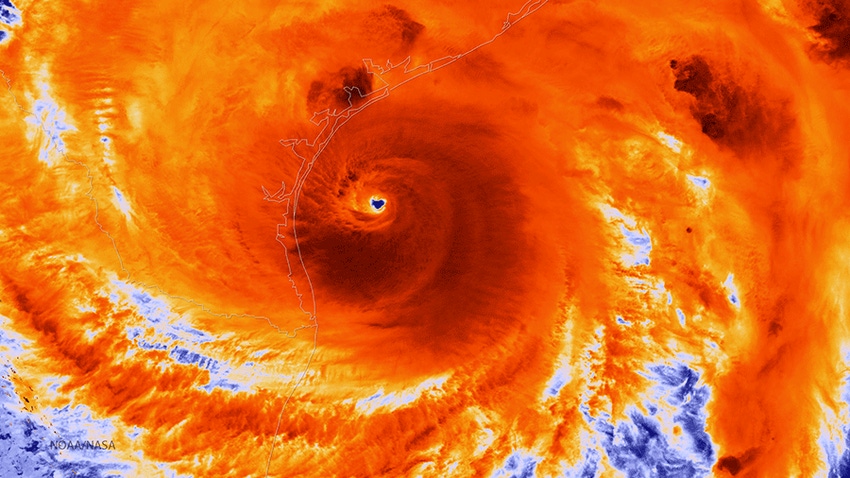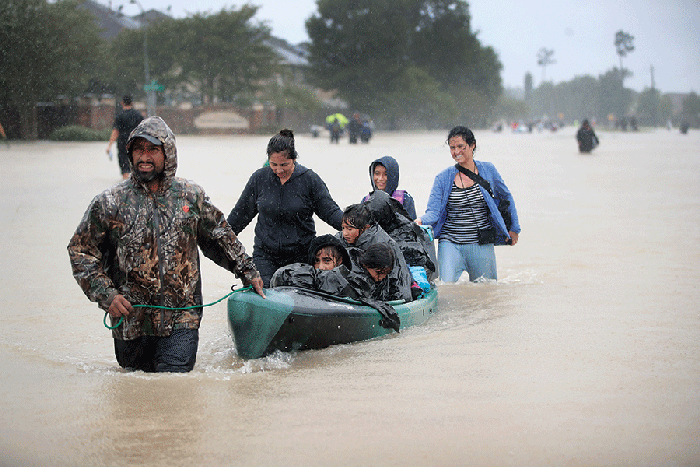
I don’t personally know anyone who mingles with the world’s elite in business, finance, politics, economics, entertainment, science, and other sectors at the World Economic Forum, held recently at Davos, Switzerland (my invitation must’ve gone astray in the mail).
Not a lot from the conferences that’s substantive trickles down to the rest of the world in TV sound bites, and most of the public shrugs it off as a big party and networking event for assorted billionaires, heads of state, and movie/music glitterati (estimates are that there were 1,500-2,000 private jets and over 200 helicopters ferrying the anointed into the Davos airport). WEF membership runs from a bargain basement $60,000 to over $600,000.
The high living of the attendees aside, the WEF does publish a really interesting “Global Risks Report," based on input from world business, government, academic, and other leaders worldwide. The 2018 report examines a myriad of potential threats to the world’s business (and one could expect that any major business disaster would impact large segments of the population).
The Top 10 risks in the global landscape, in descending order, are extreme weather events, natural disasters, cyber attacks, data fraud or theft, failure of climate change mitigation and adaptation, large scale involuntary migration, man-made environmental disasters, terrorist attacks, illicit trade, and asset bubbles in a major economy.
Many of these are interrelated. For example, climate change and extreme weather events can cause crises in food production and availability, biodiversity and ecosystem collapse, and water crises, while our increasing dependency on everything digital/internet can increase the number and severity of cyber attacks, data fraud/theft, and possibly a breakdown of the information infrastructure.
"It is estimated there is now a 1-in-20 chance per decade that heat, drought, and flood events will cause a simultaneous failure of maize [corn] production in the world’s two main growers, China and the U.S. This would cause widespread famine and hardship."
And as we become more reliant on artificial intelligence and proliferating algorithms — code that writes code — there is concern that “AI weeds” could choke the effectiveness of the internet and its interconnectedness.
Against “a backdrop of deepening protectionist sentiment, trade disputes could spread rapidly,” and if this fueled more aggressive mercantilism, the risk would increase of proliferating trade-related disputes triggering deeper geopolitical tensions and policies of gunboat diplomacy on trade.
“We have been pushing our planet to the brink,” the report notes, and the damage is becoming increasingly clear. Biodiversity is being lost at mass-extinction rates, agricultural systems are under strain, and pollution of the air and sea has become an increasingly pressing threat to human health.”
Rising temperatures, more frequent heatwaves, flooding, and other natural disasters “will disrupt agricultural systems that are already strained.”
Cyber attacks against businesses “have almost doubled in five years, and incidents that would once have been considered extraordinary are becoming more and more commonplace.
”The world has moved into “a new and unsettling geopolitical phase,” the report notes, It is expected that technology and automation will continue to have adverse consequences on employment “and contribute to increases in income and wealth at the top…”
Rising temperatures and more frequent heatwaves “will disrupt agricultural systems that are already strained.” The prevalence of monoculture heightens vulnerability to catastrophic breakdowns in the food system — more than 75 percent of the world’s food comes from just 12 plants and five animal species … and it is estimated there is now a 1-in-20 chance per decade that heat, drought, and flood events will cause a simultaneous failure of maize [corn] production in the world’s two main growers, China and the U.S. This would cause widespread famine and hardship."
Biodiversity loss “is now occurring at mass extinction rates. The populations of vertebrate species declined by an estimated 50 percent between 1970 and 2012.” Human destruction of habitats, including forests — which are home to approximately 80 percent of the world’s land-based animals, plants, and insects.
The report isn’t the dull, pedantic reading one would expect of something with “economics” in the title. There’s far more than I can summarize here, but you can read it at http://bit.ly/2EOF8EM
About the Author(s)
You May Also Like




